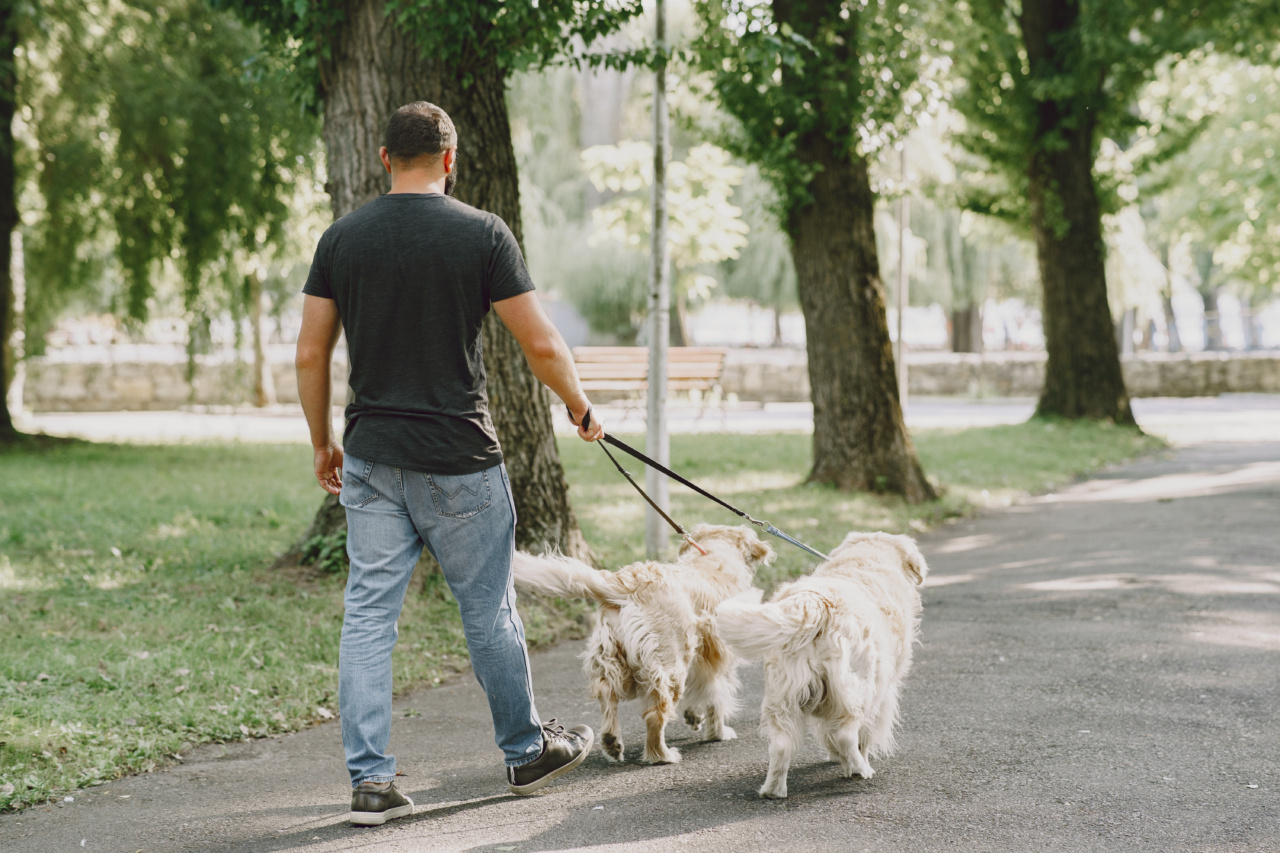Alzheimer’s Assistance Dogs are specially trained service dogs that provide support and companionship to individuals living with Alzheimer’s disease.
How Do Alzheimer’s Assistance Dogs Help?
These dogs are trained to perform a wide range of tasks and activities to assist individuals with Alzheimer’s in their daily lives. They can help with routine activities such as reminding when to take medication or eat meals.
Additionally, they can assist in maintaining a safe environment by guiding individuals away from potential hazards. These dogs also provide emotional support and companionship, reducing anxiety and loneliness often associated with the disease.
Training Process
The training of Alzheimer’s Assistance Dogs involves several stages. Firstly, the selected puppies undergo basic obedience training to ensure that they have a solid foundation of skills.
Once they have mastered these basic commands, they move on to specialized training that focuses on tasks specific to assisting individuals with Alzheimer’s. The dogs are trained to respond to verbal commands, visual cues, and hand signals.
Specific Tasks
Alzheimer’s Assistance Dogs are trained to perform a variety of tasks tailored to the specific needs of each individual they assist. Some common tasks include:.
- Retrieving medication or other necessary items
- Providing balance and stability support while walking
- Alerting caregivers in case of emergencies
- Preventing individuals from getting lost and guiding them home
- Assisting with household chores like opening doors or turning on lights
These tasks not only enhance the quality of life for individuals with Alzheimer’s but also provide peace of mind and support to their caregivers.
Selecting the Right Dog
The selection process plays a crucial role in determining the suitability of a dog for Alzheimer’s assistance work. The chosen dogs should possess certain qualities such as intelligence, trainability, and a calm temperament.
Additionally, they should be comfortable in various environments and be able to adapt to the changing needs and behaviors of individuals with Alzheimer’s.
Bonding and Integration
Once an Alzheimer’s Assistance Dog has completed its training, it is matched with an individual with Alzheimer’s.
The process of bonding and integration is essential to ensure a strong and meaningful relationship between the dog and the individual. Careful consideration is given to factors such as personality, lifestyle, and preferences to make the best possible match. This bond significantly enhances the effectiveness of the assistance provided by the dog.
Benefits of Alzheimer’s Assistance Dogs
Alzheimer’s Assistance Dogs offer numerous benefits to individuals with Alzheimer’s and their caregivers. Some of the key benefits include:.
- Improved safety and independence
- Reduced anxiety and agitation
- Enhanced social interaction and emotional well-being
- Increased engagement in daily activities
- Alleviation of depression and loneliness
These dogs not only offer practical assistance but also contribute to a higher quality of life for individuals living with Alzheimer’s disease.
Other Forms of Animal-Assisted Therapy
While Alzheimer’s Assistance Dogs are specifically trained for individuals with Alzheimer’s disease, there are other forms of animal-assisted therapy that can benefit individuals with various conditions.
Some examples include therapy dogs, emotional support animals, and service animals for those with physical disabilities. Each of these animals serves a unique purpose in providing support and companionship based on the needs of their respective owners.
Conclusion
Alzheimer’s Assistance Dogs play a crucial role in supporting individuals with Alzheimer’s disease. Through their specialized training and unique abilities, they provide practical assistance, emotional support, and companionship.
These dogs not only enhance the safety and independence of individuals with Alzheimer’s but also contribute to their overall well-being. The bond formed between these dogs and their owners is truly remarkable, making a significant positive impact on the lives of those living with the challenges of Alzheimer’s disease.





























